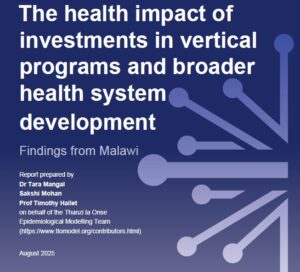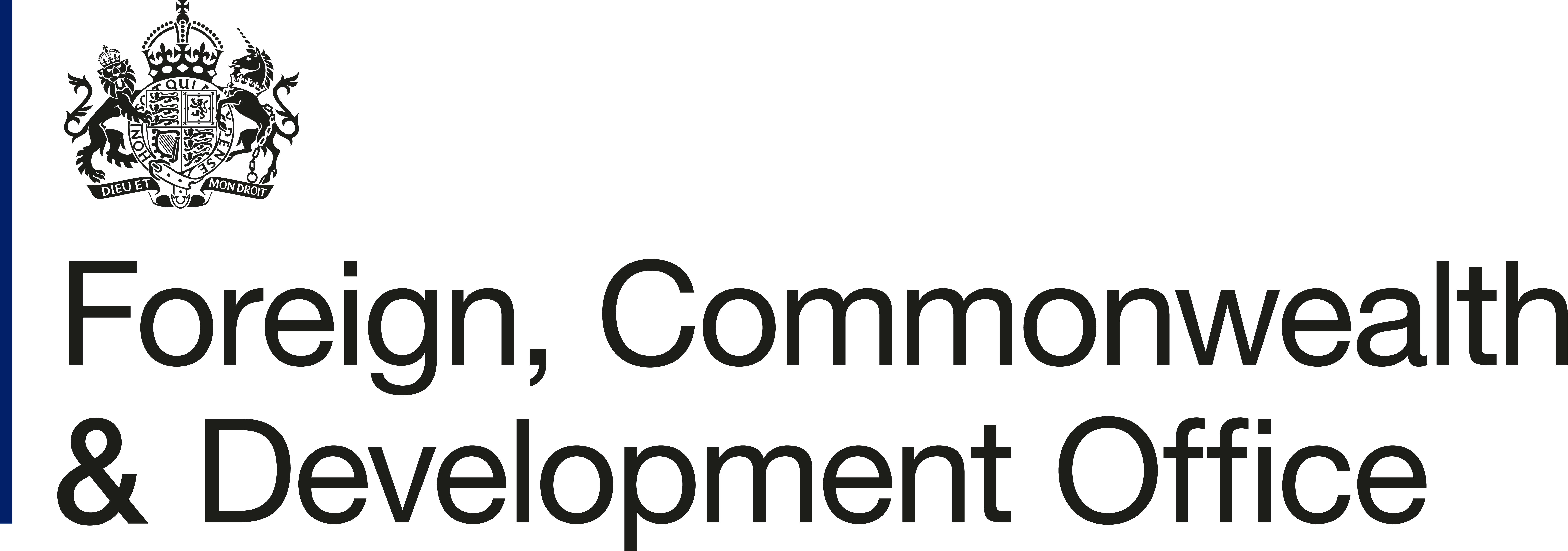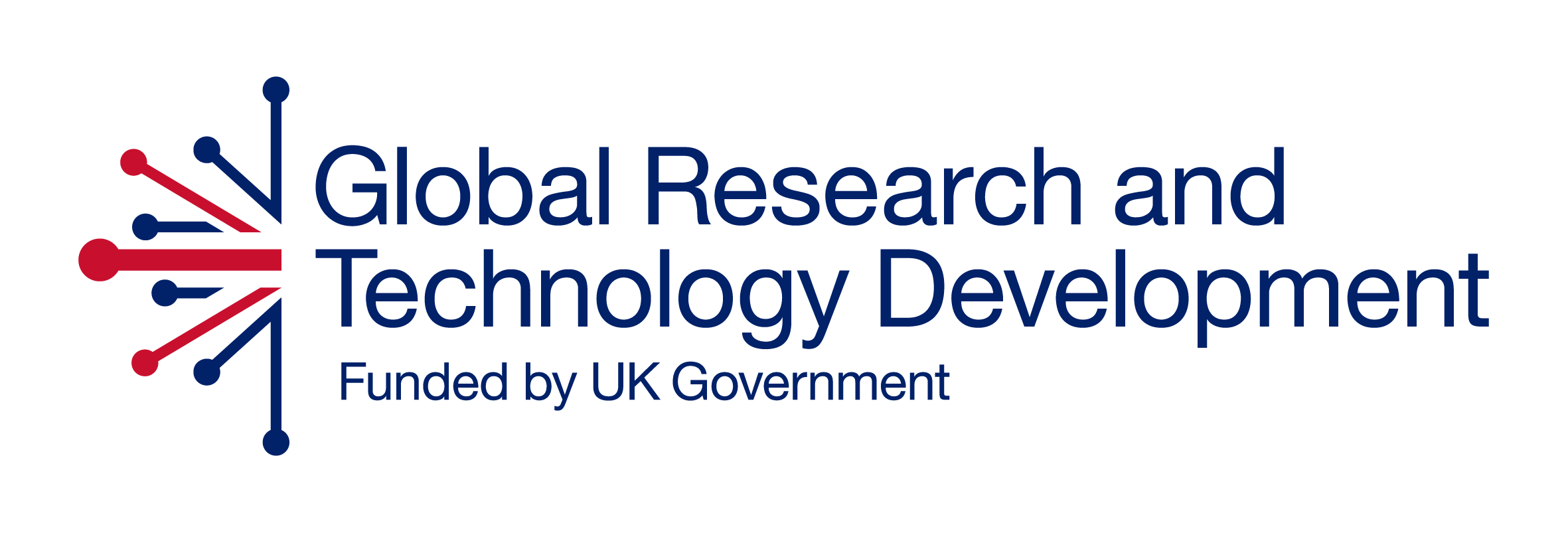Project overview
This project investigates how strategic investments in both vertical health programs (targeting HIV, Tuberculosis, and Malaria) and broader health system strengthening (HSS) can jointly improve health outcomes in Malawi. Using the Thanzi La Onse (TLO) epidemiological model, developed in collaboration with Malawi’s Ministry of Health and aligned with the Health Sector Strategic Plan III (2023–2030), the project provides robust evidence on the health and economic returns of different investment strategies.
Despite decades of global health funding, vertical programs often operate in isolation from broader system development, limiting their effectiveness. This project addresses that gap by modelling the independent and combined impacts of disease-specific interventions and system-wide improvements—such as workforce expansion and supply chain upgrades—on national health outcomes.
The dynamic microsimulation model of Malawi’s healthcare system shows investments in broader health system development yield substantial health improvements, particularly for high-burden non-HTM (HIV/AIDS, Tuberculosis and Malaria) conditions. Similarly, expanding disease-specific (vertical) HTM programs can achieve additional health gains, particularly for malaria, although the impact is less pronounced for HIV/AIDS. A combined approach, integrating broader health system investments and vertical program scale-ups, delivers synergistic benefits that amplify health outcomes.
Research Outputs


Your starting point for Foreign, Commonwealth and Development Office (FCDO) funded research and development.
Quick links

All content is available under the Open Government Licence v3.0, except where otherwise stated.

